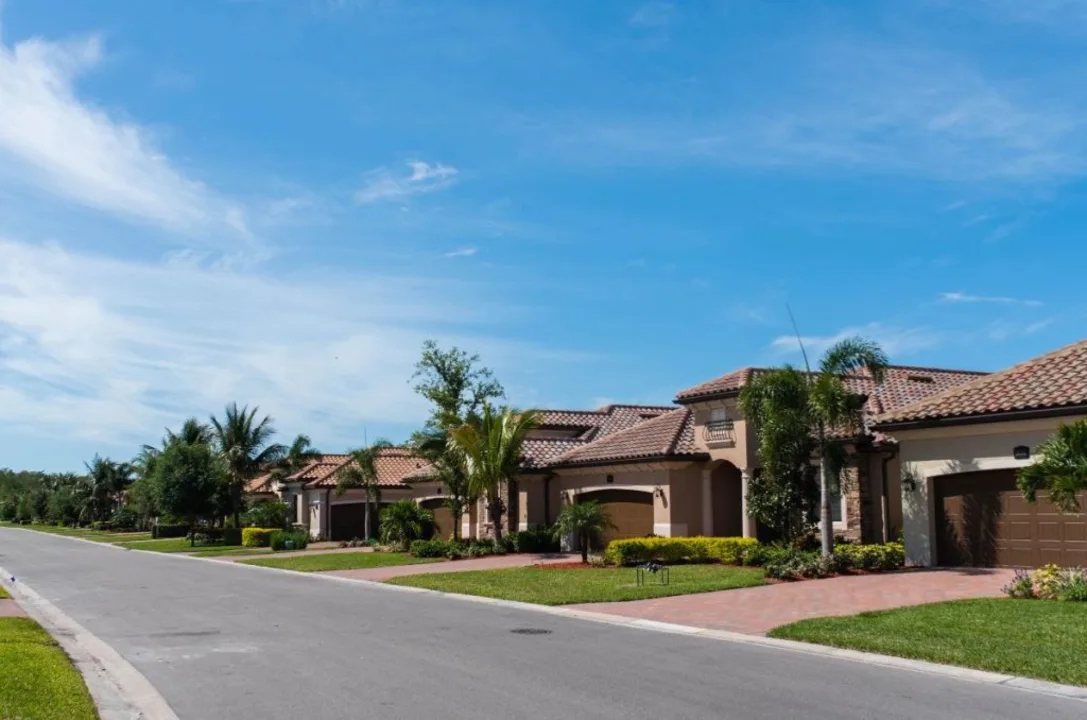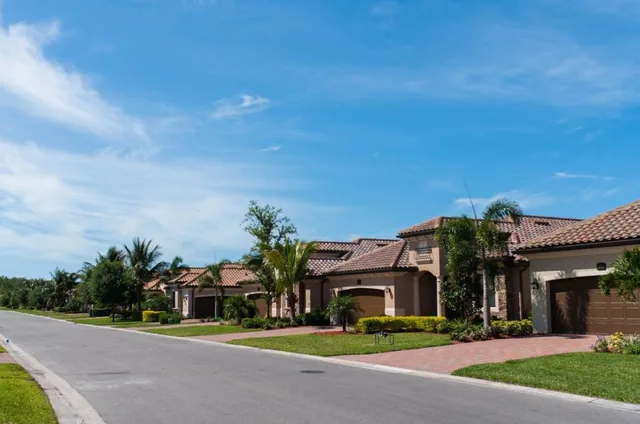Exploring Alternatives to Selling Property During Probate
When a person passes away, their assets are distributed according to the terms of their will. This process is called probate and is overseen by the court. If the deceased had a large estate, it may be necessary to sell some of the assets in order to pay off any debts or taxes owed. This can include real estate and other property.
The process of selling property as part of a probate settlement can be difficult. The court must approve any sales and the process can take months or even years to complete. It can also be emotionally difficult for the family of the deceased, who may not want to part with the property.
Fortunately, there may be alternatives to selling property during probate. If the deceased left a will, the executor of the estate may be able to negotiate with creditors to reach a settlement without selling the property. This can be done by offering other assets such as stocks, bonds, or other liquid assets in exchange for the debt.
Another alternative is to negotiate a payment plan with creditors. This can allow the family to keep the property while making payments over a specified period of time. This option can be beneficial for families who are struggling financially, as it can allow them to keep the property while still resolving the debt.
Finally, if the family is unable to negotiate a settlement, they may be able to transfer the property to another family member or friend. This can allow the property to remain in the family, while the debt is still paid off.
Although selling property during probate is often necessary, there may be alternatives that can help the family keep the property while still settling the estate. By exploring these alternatives, the family can avoid selling the property and preserve the memory of the deceased.
How to Settle a Probate Without Selling the Property
Settling a probate without selling the property is a common concern for many families. In some cases, the property is the last remaining asset of a decedent and selling it can be a difficult decision. Fortunately, there are a few ways to settle a probate without selling the property.
The first option is to transfer the property to beneficiaries. This can be done through a deed transfer or other process. If the beneficiaries are willing to take on the responsibility of the property, this is usually the best option. The deed transfer process is relatively simple and does not involve any complex legal paperwork or court proceedings.
Another option is to create a trust. This is a legal agreement between the beneficiaries and the decedent's estate. The trust can be used to hold the property in the name of the trust, allowing the beneficiaries to manage the property without selling it. The trust is also a good way to protect the property from creditors and other liabilities.
A third option is to place the property in a revocable living trust. This is similar to a trust, but it is revocable meaning that it can be revoked or amended at any time. This is a good way to protect the property and still allow the beneficiaries to manage it. The trust can also be used to ensure that the property is distributed according to the wishes of the decedent.
Finally, a fourth option is to set up a family limited partnership. This is a legal agreement between the decedent's estate and the beneficiaries. The family limited partnership allows the beneficiaries to manage the property without selling it. The partnership also gives the beneficiaries the ability to control how the property is distributed.
Settling a probate without selling the property is a common concern for many families. In some cases, the property is the last remaining asset of a decedent and selling it can be a difficult decision. Fortunately, there are a few ways to settle a probate without selling the property. By transferring the property to beneficiaries, creating a trust, setting up a revocable living trust, or establishing a family limited partnership, the family can settle the probate without having to sell the property.
Navigating the Probate Process Without Selling the Property
The probate process can be a difficult and complicated process. It involves winding up the affairs of a deceased person’s estate, distributing the belongings and assets, and settling any outstanding debts. It can be a lengthy and costly process, and often times the only way to settle it is to sell the deceased’s property, which can be heartbreaking for family members. But is there another way to settle a probate without selling the property?
The answer is yes, it is possible to settle a probate without selling the property. One way to do this is to negotiate with creditors. If there are outstanding debts, creditors may be willing to accept a reduced amount if they know the estate has limited funds. Another option is to use a life insurance policy to cover any debts or expenses. If the deceased had a life insurance policy, the proceeds can be used to cover any debts or expenses and the property can be kept.
It is also possible to use an estate trust to settle the probate without selling the property. This involves creating a trust and transferring the deceased’s assets into it. The trust can then be used to pay any debts and expenses while keeping the property in the family. This is a great option for families who want to keep the property instead of selling it.
Finally, it is possible to settle the probate without selling the property by refinancing the mortgage. If the deceased had a mortgage on the property, the family may be able to refinance it and use the proceeds to pay off any debts or expenses. This can be a great way to keep the property in the family and settle the probate without selling it.
In conclusion, it is possible to settle a probate without selling the property. By negotiating with creditors, using a life insurance policy, creating an estate trust, or refinancing the mortgage, the family can keep the property and settle the probate without having to sell it. This can be an emotionally difficult process, but it is possible to find a way to keep the property in the family and settle the probate without having to sell it.


